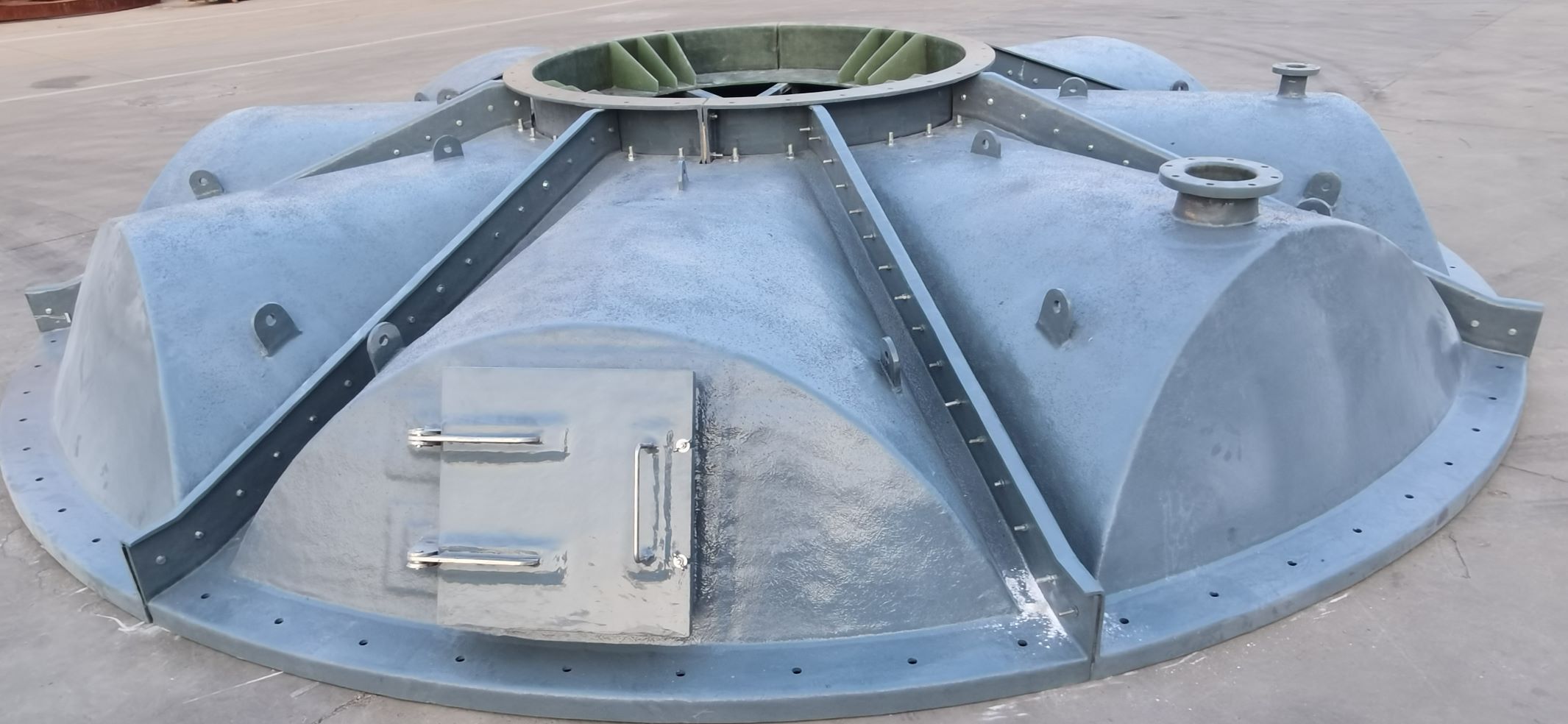
-
 Afrikaans
Afrikaans -
 Albanian
Albanian -
 Amharic
Amharic -
 Arabic
Arabic -
 Armenian
Armenian -
 Azerbaijani
Azerbaijani -
 Basque
Basque -
 Belarusian
Belarusian -
 Bengali
Bengali -
 Bosnian
Bosnian -
 Bulgarian
Bulgarian -
 Catalan
Catalan -
 Cebuano
Cebuano -
 China
China -
 China (Taiwan)
China (Taiwan) -
 Corsican
Corsican -
 Croatian
Croatian -
 Czech
Czech -
 Danish
Danish -
 Dutch
Dutch -
 English
English -
 Esperanto
Esperanto -
 Estonian
Estonian -
 Finnish
Finnish -
 French
French -
 Frisian
Frisian -
 Galician
Galician -
 Georgian
Georgian -
 German
German -
 Greek
Greek -
 Gujarati
Gujarati -
 Haitian Creole
Haitian Creole -
 hausa
hausa -
 hawaiian
hawaiian -
 Hebrew
Hebrew -
 Hindi
Hindi -
 Miao
Miao -
 Hungarian
Hungarian -
 Icelandic
Icelandic -
 igbo
igbo -
 Indonesian
Indonesian -
 irish
irish -
 Italian
Italian -
 Japanese
Japanese -
 Javanese
Javanese -
 Kannada
Kannada -
 kazakh
kazakh -
 Khmer
Khmer -
 Rwandese
Rwandese -
 Korean
Korean -
 Kurdish
Kurdish -
 Kyrgyz
Kyrgyz -
 Lao
Lao -
 Latin
Latin -
 Latvian
Latvian -
 Lithuanian
Lithuanian -
 Luxembourgish
Luxembourgish -
 Macedonian
Macedonian -
 Malgashi
Malgashi -
 Malay
Malay -
 Malayalam
Malayalam -
 Maltese
Maltese -
 Maori
Maori -
 Marathi
Marathi -
 Mongolian
Mongolian -
 Myanmar
Myanmar -
 Nepali
Nepali -
 Norwegian
Norwegian -
 Norwegian
Norwegian -
 Occitan
Occitan -
 Pashto
Pashto -
 Persian
Persian -
 Polish
Polish -
 Portuguese
Portuguese -
 Punjabi
Punjabi -
 Romanian
Romanian -
 Russian
Russian -
 Samoan
Samoan -
 Scottish Gaelic
Scottish Gaelic -
 Serbian
Serbian -
 Sesotho
Sesotho -
 Shona
Shona -
 Sindhi
Sindhi -
 Sinhala
Sinhala -
 Slovak
Slovak -
 Slovenian
Slovenian -
 Somali
Somali -
 Spanish
Spanish -
 Sundanese
Sundanese -
 Swahili
Swahili -
 Swedish
Swedish -
 Tagalog
Tagalog -
 Tajik
Tajik -
 Tamil
Tamil -
 Tatar
Tatar -
 Telugu
Telugu -
 Thai
Thai -
 Turkish
Turkish -
 Turkmen
Turkmen -
 Ukrainian
Ukrainian -
 Urdu
Urdu -
 Uighur
Uighur -
 Uzbek
Uzbek -
 Vietnamese
Vietnamese -
 Welsh
Welsh -
 Bantu
Bantu -
 Yiddish
Yiddish -
 Yoruba
Yoruba -
 Zulu
Zulu
frp products for steel smelting plant
The Role of FRP Products in Steel Smelting Plants
Fiber Reinforced Polymer (FRP) products have emerged as vital components in various industries, notably in steel smelting plants
. These materials, known for their exceptional strength-to-weight ratio, corrosion resistance, and versatility, are transforming the landscape of industrial applications, particularly in environments that are highly demanding and often corrosive.In steel smelting plants, the exposure to extreme temperatures, chemical agents, and intense mechanical stress creates a detrimental environment for traditional materials like steel and concrete. This is where FRP products come into play. Their unique properties allow them to withstand harsh conditions while maintaining structural integrity over prolonged periods.
One of the primary advantages of FRP products is their excellent corrosion resistance. Traditional materials often succumb to oxidation and other chemical reactions in the processing environment. In contrast, FRP is largely immune to such issues, enabling it to last significantly longer and reducing maintenance costs. This characteristic is especially beneficial in steel smelting plants, where the presence of aggressive agents—such as sulfur and various acids—can rapidly degrade conventional materials.
Moreover, the lightweight nature of FRP products facilitates ease of handling and installation. This can lead to reduced labor costs and increased safety for workers, as the risk of injury related to heavy material handling is diminished. Additionally, since FRP can be molded into various shapes and sizes, it offers designers and engineers flexibility in terms of customization for specific applications within the smelting process.
frp products for steel smelting plant

Applications of FRP products in steel smelting plants are numerous. For instance, they are often used for the construction of piping systems, which transport corrosive substances and require materials that can withstand pressure and stress. Furthermore, FRP platforms and grating provide safe walkways for personnel while minimizing the risk of slips and accidents, thanks to their non-slip surfaces.
Another significant area where FRP is making an impact is in the manufacturing of storage tanks and containers. These are vital for holding raw materials and chemicals involved in the smelting process. The corrosion-resistant properties of FRP ensure that the stored substances do not compromise the integrity of the tanks, thus preventing leaks and potential environmental hazards.
In addition to physical properties, FRP products also offer economic benefits. Their longevity translates into reduced replacement costs and lower lifecycle expenses. As the steel industry becomes increasingly focused on sustainability and efficiency, the integration of FRP products aligns with objectives to minimize environmental impact while enhancing operational productivity.
In conclusion, the adoption of Fiber Reinforced Polymer products in steel smelting plants marks a significant advancement in industrial material science. Their durability, lightweight, and resistance to harsh conditions make them indispensable in maintaining the efficiency and safety of the smelting process. As innovations in FRP technology continue to evolve, we can expect even wider applications and enhanced performance in the steel industry, propelling it towards a more sustainable future.
Latest news
-
Exploring the Benefits of Top Hammer Drifter Rods for Enhanced Drilling PerformanceNewsJun.10,2025
-
High-Precision Fiberglass Winding Machine for GRP/FRP Pipe Production – Reliable & Efficient SolutionsNewsJun.10,2025
-
FRP Pipes & Fittings for Shipbuilding - Corrosion-Resistant & LightweightNewsJun.09,2025
-
Premium FRP Flooring Solutions Durable & Slip-ResistantNewsJun.09,2025
-
Premium Fiberglass Rectangular Tanks Durable & Lightweight SolutionNewsJun.09,2025
-
Tapered Drill String Design Guide Durable Performance & UsesNewsJun.09,2025









